

James Wong
2026 Cupra Formentor VZ5: Five-cylinder performance hero confirmed for Australia
2 Hours Ago
NEVS has revealed its secretive Emily GT project, with 1000km of electric range and a Saab-inspired design, in the hopes of finding a buyer to turn it into reality.

Contributor
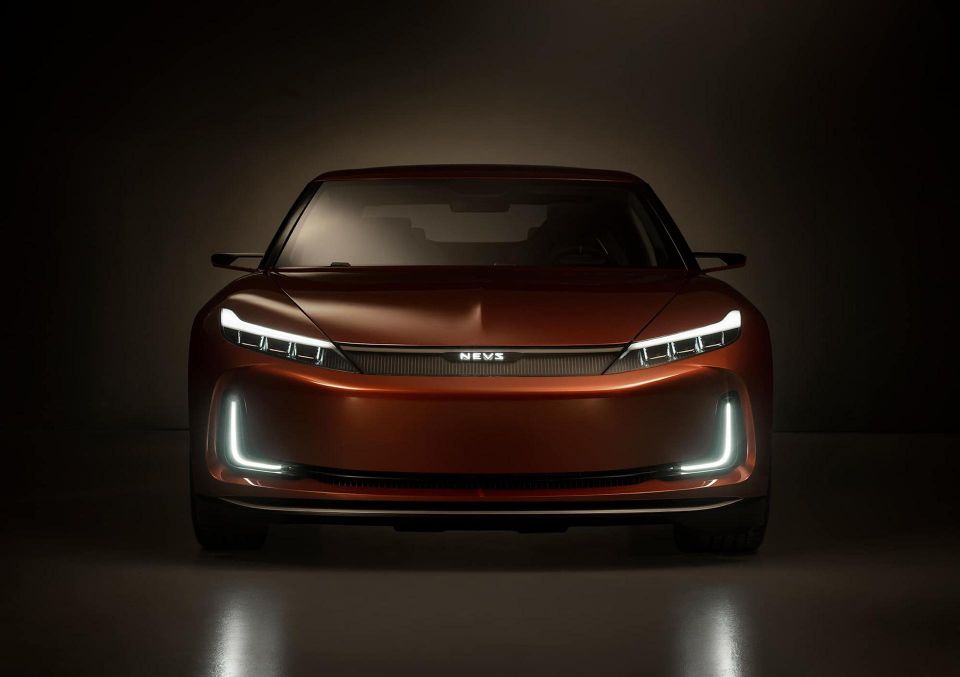

Contributor
National Electric Vehicle Sweden (NEVS), the brand that continued Saab Automobile’s legacy after its bankruptcy, is hoping to find a buyer for its 487kW electric grand tourer vehicle project.
Development of the Emily GT project began in 2019 but NEVS has kept the project under wraps until now.
In an attempt to alleviate its financial struggles, Chinese owner Evergrande has decided to put the IP of the project up for sale and has also revealed the vehicle via marketing company Plint.
The Emily GT has an electric motor on all four wheels, each with 89kW of power for a total of 358kW. The motors were developed by UK-based Protean Electric, also owned by Evergrande.
NEVS claims final prototypes will receive a 175kWh battery, providing 487kW of power and 2200Nm of torque.
Current Emily prototypes are powered by a 52kWh battery taken from a NEVS-built version of the old Saab 9-3.
The grand tourer has a claimed all-electric range of 948km under the stricter WLTP test cycle.
The Emily can reportedly do the 0-100km/h sprint in 4.6 seconds. A high-performance version of the model was also in the pipeline, with a claimed 0-100km/h time of just 3.2 seconds.
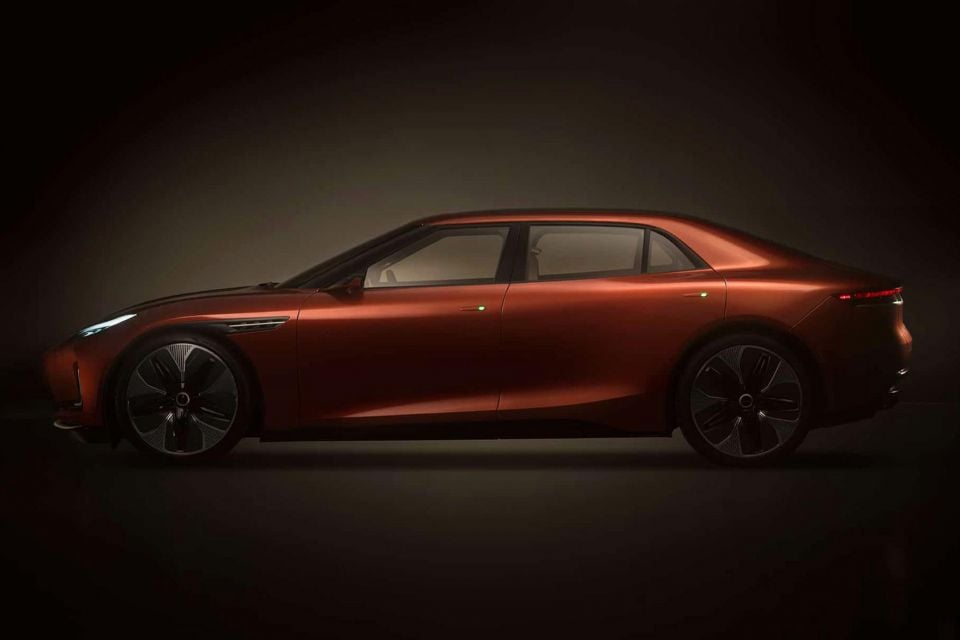
Leading the project was NEVS chief engineer and program director Peter Dahl, who spoke to the Swedish outlet CarUp about the project.
“We have done a lot at NEVS but it has been secret, now we can finally show off a little more. We had nothing in front of us when we started. A total of 350 people have worked on the project,” said Mr Dahl.
”We got the sketch from China and we liked it from the start… We worked on it further and gave it a Scandinavian touch. Some who worked on it are old Saab designers, it has clean lines and Scandinavian design.”
Mr Dahl said the Porsche Panamera and Taycan were used as benchmarks during development in terms of spaciousness and driving style.
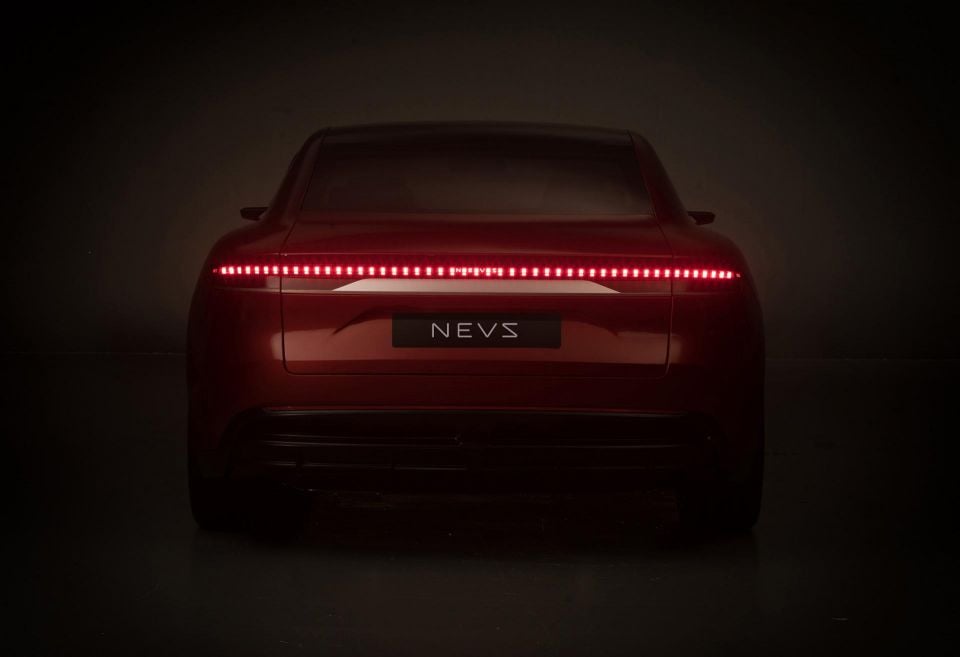
One hiccup in development was the higher unsprung weight on each wheel caused by the individual wheel motors, which was solved with “a good chassis with air suspension and active dampers.”
However, Mr Dahl was positive about the driveability of the vehicle, saying: ”The possibilities for torque vectoring are fantastic, all torque can be controlled. It’s like changing from straight slalom skis to carving skis.”
“The wheel motors ensure that all backlash is eliminated, resulting in an incredibly direct and solid feeling,” he added.
The NEVS Emily GT prototype was exclusively provided to the Swedish magazine Auto Motor Sport for a test drive.

Development of the Emily took place at NEVS’ Trollhattan site, which Polestar will now use for the development of the electric powertrains and batteries of the forthcoming Polestar 5 liftback and Polestar 6 roadster.
NEVS had reportedly planned to establish itself as a high-tech mobility company by developing three new vehicles including the Emily GT, as well as an autonomous vehicle.
Evergrande first handed the Emily project to NEVS in 2019 before the pandemic hit, but the Chinese firm faced serious financial struggles in 2020 and the initial 20 Emily prototypes were reportedly reduced to six.
According to Peter Dahl, the project is about 1.5 years away from being production-ready, missing only the airbag and auto braking systems.


Despite NEVS being put into ‘hibernation’ mode and laying off almost all of its employees last month, it is hoping it can find an interested buyer willing to put the Emily GT into production.
NEVS acquired major assets following Saab Automobile’s bankruptcy. It developed an electric version of the Saab 9-3, which was produced in China from 2017 to 2022.
It didn’t secure the rights from General Motors to the short-lived 9-4X or second-generation 9-5, which were the defunct Swedish brand’s freshest products.
Both models were in production for less than two years.


James Wong
2 Hours Ago
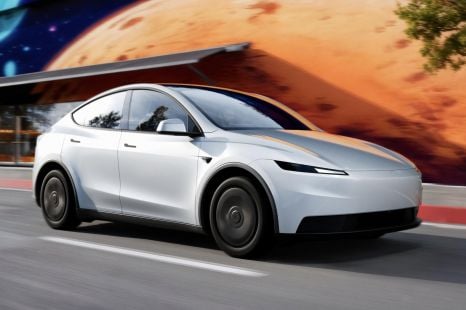

Max Davies
4 Hours Ago


Josh Nevett
5 Hours Ago


Marton Pettendy
7 Hours Ago


Max Davies
8 Hours Ago
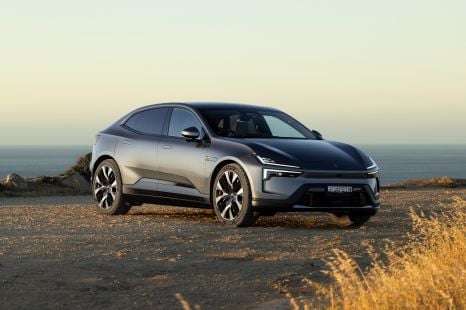

Josh Nevett
9 Hours Ago